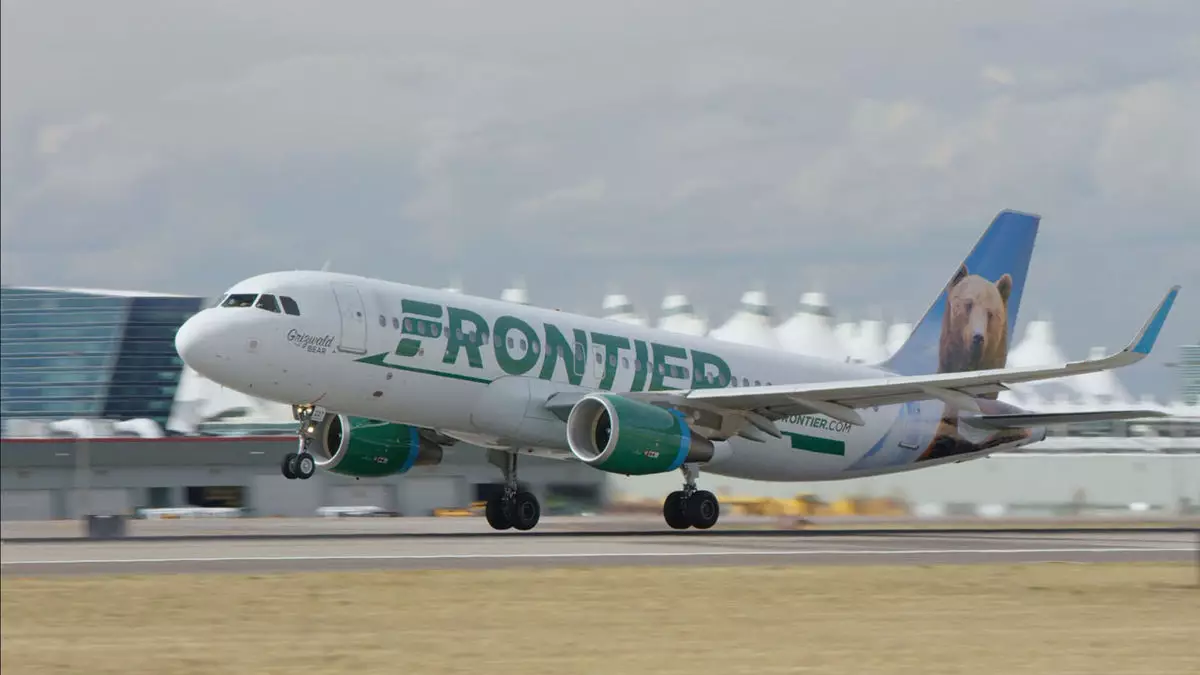United Airlines CEO Scott Kirby expressed his skepticism towards Frontier Airlines’ new merchandising model, stating that it is destined to fail. In a bold assertion, Kirby also predicted that Spirit Airlines would meet the same fate if it followed a similar path. Kirby emphasized during a Q&A session at the IATA Annual General Meeting that Frontier’s decision to pivot away from leisure routes and compete with major U.S. airlines in non-leisure routes was a misguided move. He criticized Frontier’s attempt to shift its business model from low-cost, leisure-focused to a more business-oriented approach, asserting that such a drastic change would not be successful in the long run.
In response to Kirby’s remarks, Frontier CEO Barry Biffle retorted, suggesting that United Airlines might be feeling threatened by the competition. Biffle maintained that Frontier was committed to its new model and wished United well. The exchange between the CEOs highlighted the intense competition and strategic differences in the airline industry, with each carrier vying for market share and profitability.
Merchandising Changes
Frontier Airlines recently introduced bundled fares at the beginning of its booking process, departing from its previous emphasis on low base fares with optional add-ons. These bundled fares are designed to mirror the offerings of full-service airlines, catering to various passenger preferences. Similarly, Spirit Airlines eliminated change and cancellation fees, signaling a shift towards a more customer-friendly approach. Both airlines are exploring merchandising changes to attract a broader range of travelers, including premium flyers who seek additional amenities and services.
United Airlines CEO Scott Kirby’s criticisms of Frontier and Spirit Airlines reflect broader trends in the airline industry. Kirby contends that the competitive landscape has shifted in favor of full-service carriers like United, posing challenges for ultralow-cost carriers. The economic realities of the 2020s have exposed vulnerabilities in the business models of airlines like Spirit and Frontier, leading to quarterly losses and operational struggles. Frontier’s transition to an ultralow-cost carrier model under the ownership of Indigo Partners illustrates the industry’s constant evolution and the need for airlines to adapt to changing market conditions.
Overall, the contrasting approaches of Frontier Airlines and Spirit Airlines in response to evolving consumer preferences and market dynamics demonstrate the complexities of the airline industry. The competition between legacy carriers and low-cost carriers intensifies as airlines seek to differentiate themselves and attract passengers in an increasingly competitive environment. The future success of Frontier and Spirit Airlines will depend on their ability to navigate these challenges and find a sustainable business model that meets the needs of modern travelers.

